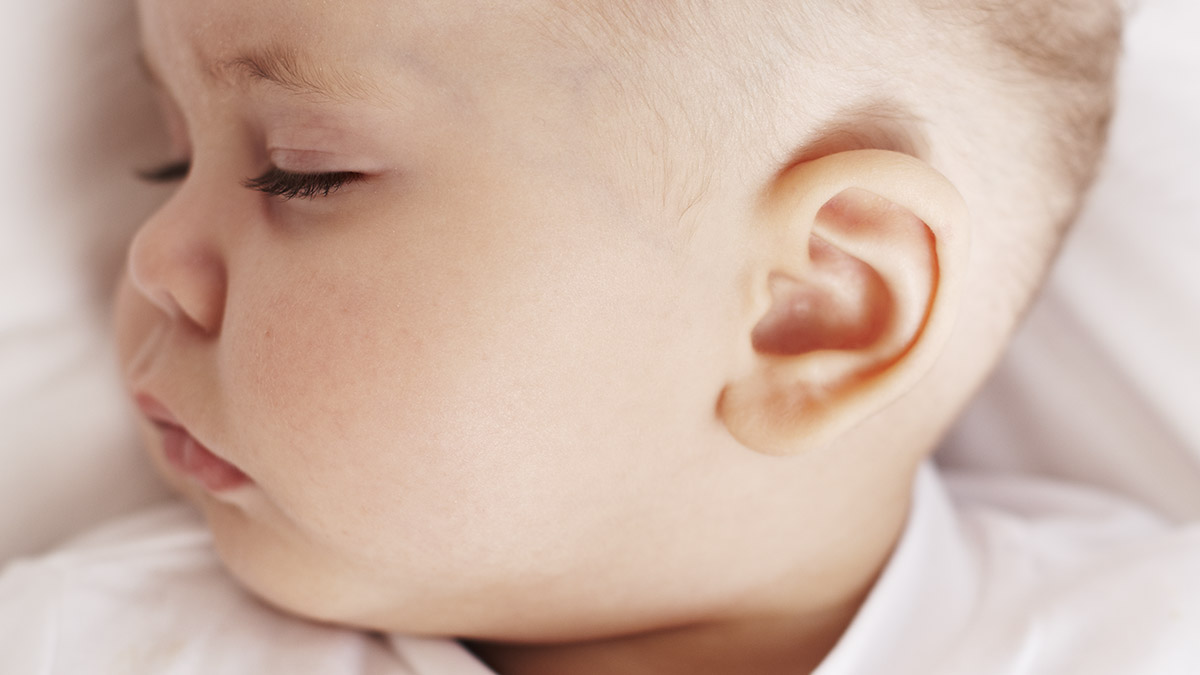Ask an Audiologist- High Pitch Noises and How to Detect Them
Ask an Audiologist
I am the parent of a three week old baby and have a house full of electrical charges and devices. Before the baby we found one of our phone charges was emitting a high pitched whine only younger people could hear and replaced it. The question is, would such a sound in the house harm my baby in any way, and as a parent with less sensitive hearing, how could I detect it? Is my smartphone sensitive enough to detect these noises?
Audiologist Response
Hi there, this is a great question and congratulations on the birth of your baby! Did your baby have his/her hearing screened at birth as part of the Infant Hearing Program? The human range of hearing is typically between 20-20000 Hz and as we age, we begin to lose the ability to hear those much higher frequencies. Younger ears can certainly hear sounds we can’t!
My colleague Andreas put it best in the last “ask an audiologist” question. Consider noise like a dose of medication, where getting too much in terms of duration (how long your infant hears the sound) or intensity (how loud the sound is) can be harmful. If it helps, another example is sunbathing. It’s fine to go out in the sun, but the more intense the exposure (unfiltered, around noon time or close to the equator) and the longer you stay in the sun all increase your risk for a burn. Regardless of the what the noise is, our ears don’t really care what kind of sound it is, too much is too much. Too loud or too long still causes harm and the damage typically can’t be undone. 80-85 decibels for 8 hours is often legal noise exposure, depends on which province or state you live in. The easiest way to determine how loud this whine sound is would be to download a sound level meter app (most are free). Some apps will measure only decibels (loudness), while some will measure decibel level and frequency (Hz) as well too, that’s the one you want. One that measures both. Chances are the decibel level of the whine is in a safe level as 85 decibels is very loud (piano at full volume for example according to World Health Organization).
Download the free app (couple decent ones at 2-3 dollars as well) and measure the output of that whine sound. If it measures really high on the sound level meter, I would probably replace the device causing the sound, or move it to an area away from where the baby will be. The further the child is away from the sound, the quieter the whine would be heard (if at all). Children’s toys can also be very noisy and this app would also help down the road when your baby is playing with potentially noisy toys. Hearing loss is cumulative and every little bit of prevention goes a long way.
If there are any concerns with your child’s hearing as they develop, it would be best to have him/her assessed by an Audiologist, ideally one with pediatric experience. Please contact us here at Hearing Solutions if you would like to book an appointment with a pediatric audiologist once your child is old enough to test by Visual Reinforcement Audiometry (4-6 months). If there is not one available in your area, we can advise you to an appropriate location
Thanks again for your question.
Mike Prangley is an Audiologist registered with CASLPO working for Hearing Solutions. Currently, Mike sees patients at the Masonville Place Hearing Solutions clinic in London, Ontario.







